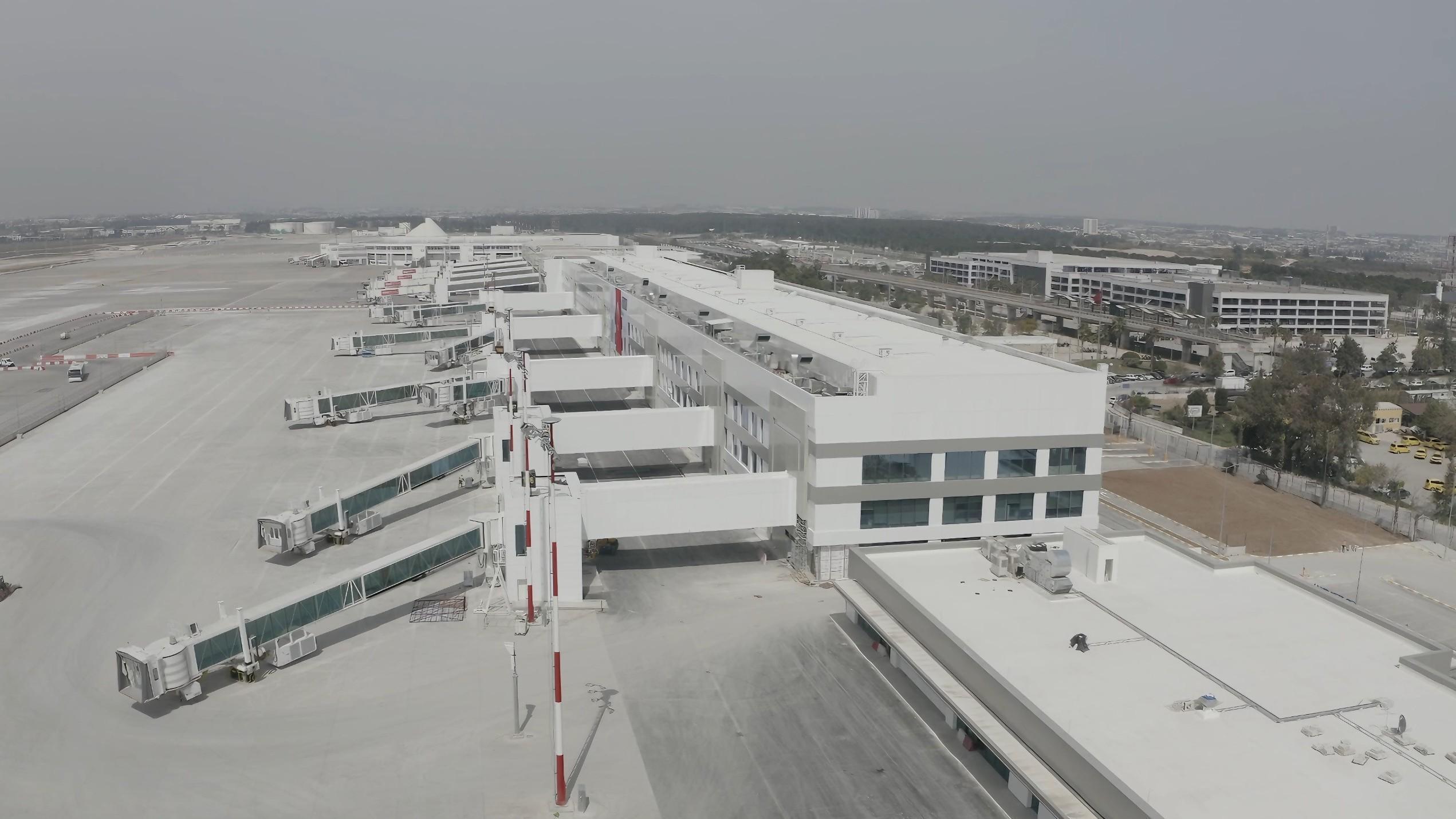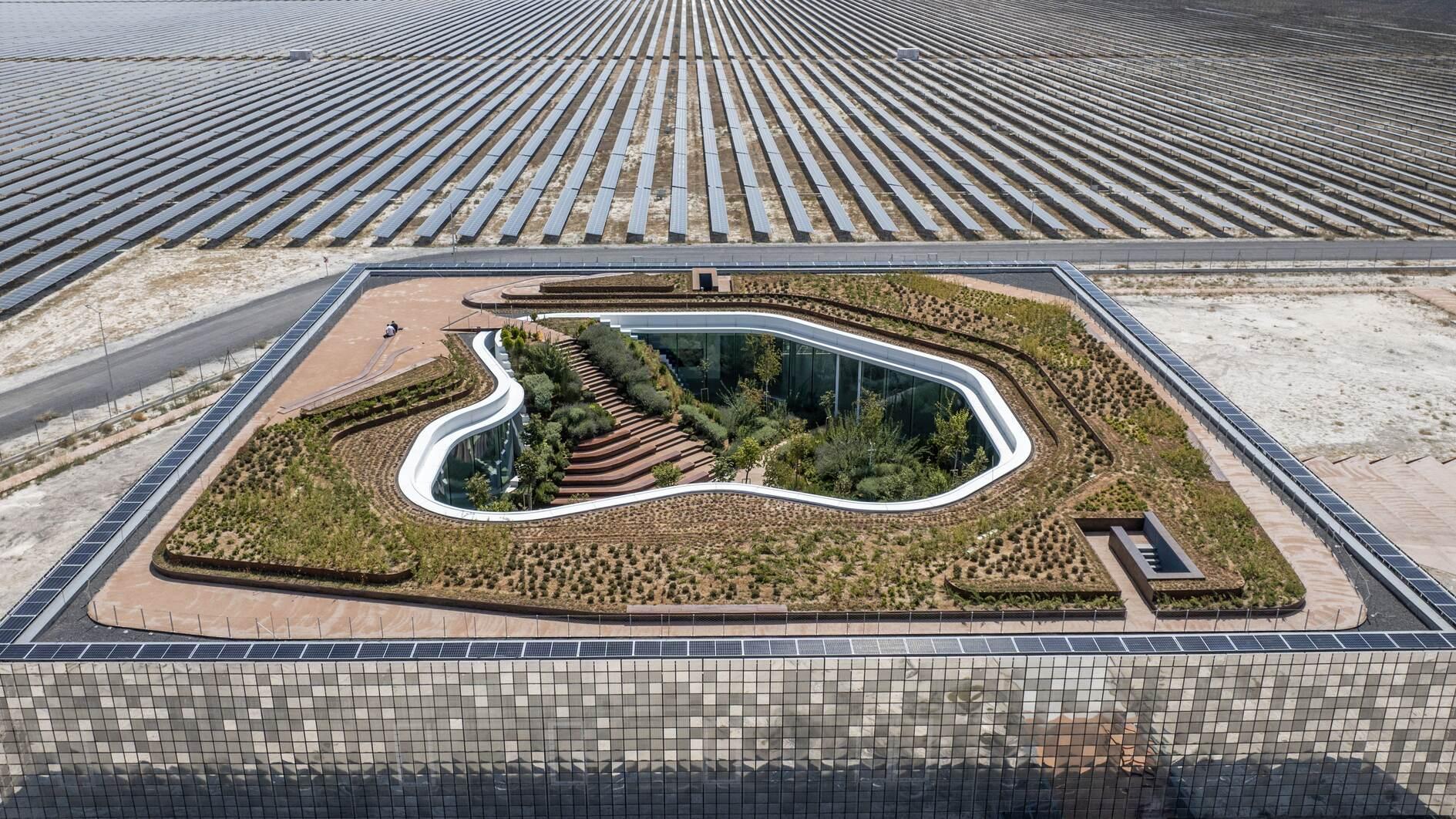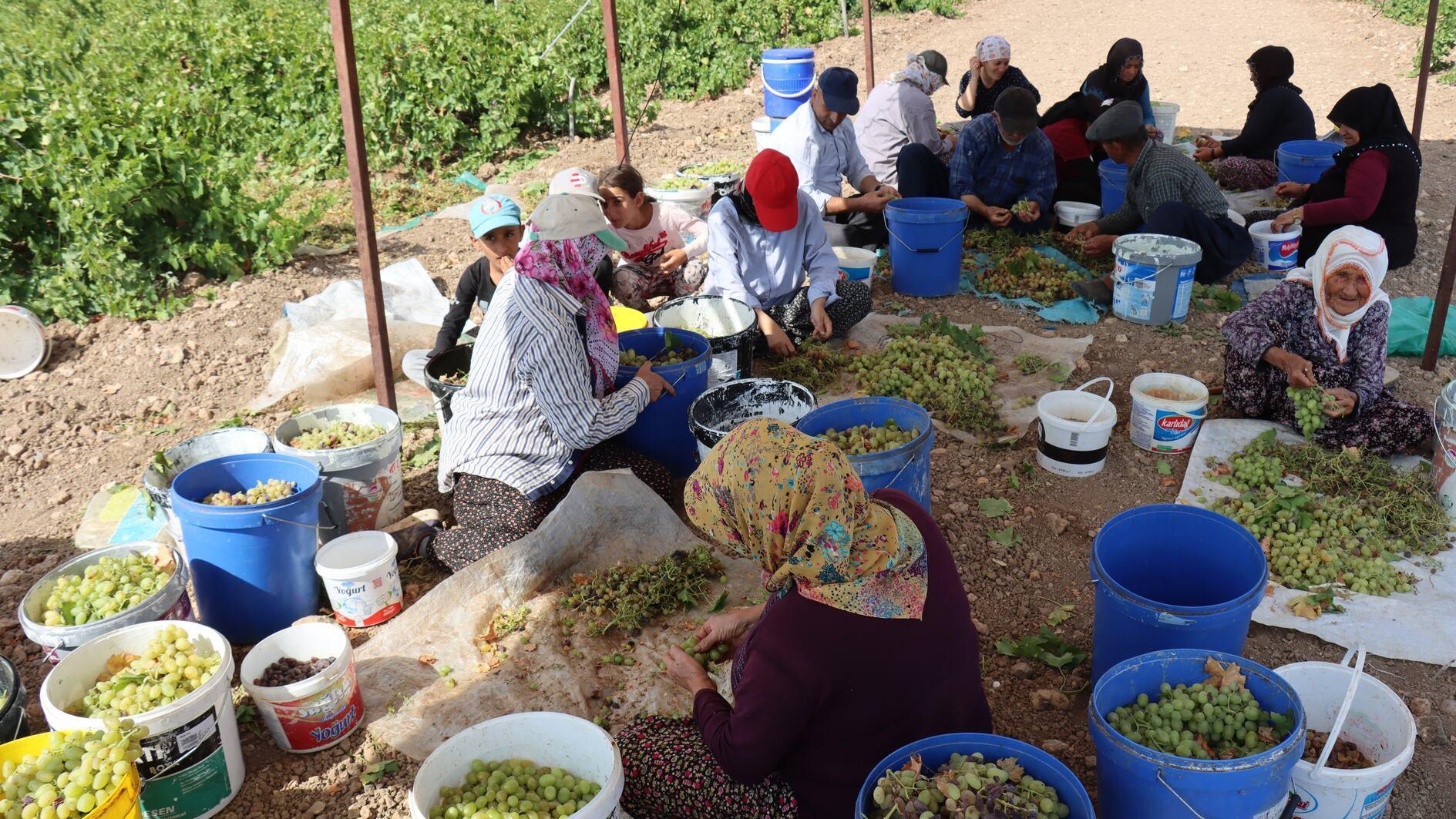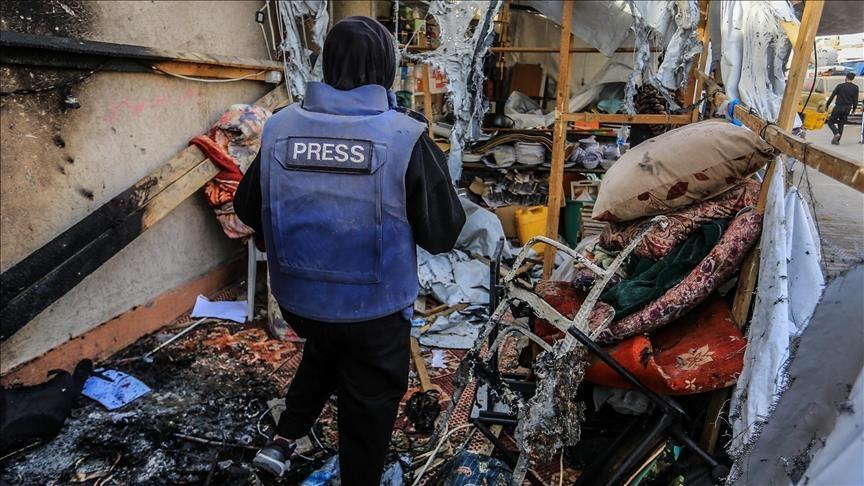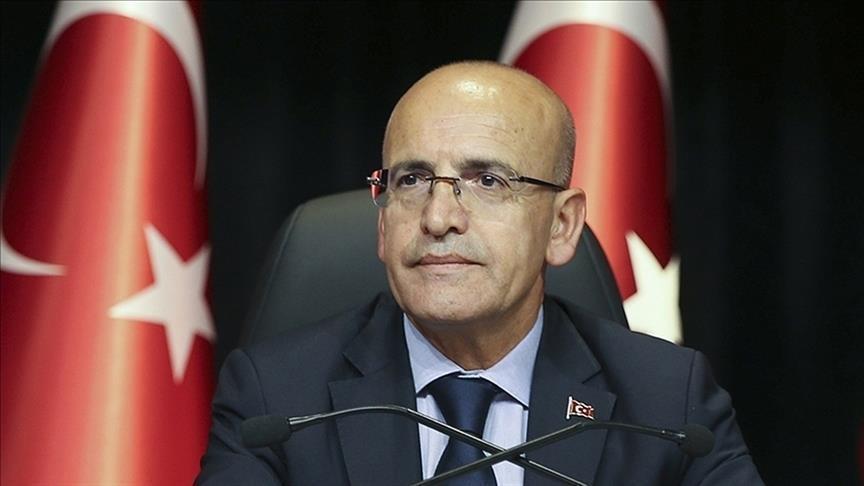France today, Israel tomorrow?
It was unusual for the Turkish Foreign Ministry to announce that it believed Turkish-French relations could improve, following François Hollande’s victory in the first round of the French presidential elections, after they hit rock bottom under Nicholas Sarkozy.
It could be interpreted as an intervention in another country’s domestic politics, but it also demonstrated the level of discontent felt in Erdoğan’s Ankara against Sarkozy’s Paris. From his blockage in the opening of new negotiation chapters between Turkey and the European Union, to his use of Turkey in domestic politics - especially regarding the Armenian genocide claims - and doing that for the last seven years, Sarkozy was obviously not Turkish Prime Minister Recep Tayyip Erdoğan’s favorite partner in European politics.
After being elected as French President, Hollande’s Socialist Party won the parliamentary elections too, and that was an obvious relief for Ankara. Not only because of the clear messages he had given to Turkey beforehand that he was not going to use the Armenian issue like his rival Sarkozy did, but also because of his clear messages to the EU - particularly to German Chancellor Angela Merkel - indicating that there was a new actor on stage and that the European political equation had to be renewed.
This has proved right in the EU’s new visa regime, which has been moderated in parallel with Hollande’s suggestions. At last, Ankara was hopeful on the outcome of its own visa exemption demands, which have been in the deep freeze for years.
After a meeting between Erdoğan and Hollande in Rio during the Sustainable Development summit on June 20, Erdoğan declared that there was now a new page in Turkish-French relations. On June 21, Turkish Foreign Minister Ahmet Davutoğlu announced on TV channel CNNTürk that Ankara had ended economic measures against France that were imposed following Sarkozy’s playing with the genocide issue ahead of the elections. Turkey also welcomes the visa exemption possibilities brought by the EU Commission, and in return Ankara is going to sign an agreement on the readmission of illegal refugees, which the EU has been asking for from Turkey for some time. Welcoming the EU’s new visa regime, EU Minister Egemen Bağış highlighted that the move was a step closer for integration. It is also important that Turkey saw this move before start of the six-month term presidency of the Greek Cypriot government, which Turkey does not recognize.
It would not be too wrong to call the mood in Ankara regarding EU relations as the “Hollande Spring.”
But this surprise in Turkey’s diplomacy may not be the only one. The words of Shaul Mofaz, Israel’s Deputy Prime Minister, were carefully noted down in Ankara, when he said on June 19 that Israel needed to come to terms with Turkey’s “superpower status in the Middle East” and mend ties for the good of both countries.
Turkey has already made it clear what is needed to improve relations with Israel: An apology for the killing of nine of its citizens in 2010, on board the Mavi Marmara ship that tried to break the embargo on the Palestinians in Gaza. If Mofaz is trying to express a change in the mood of Israel regarding Turkey under the new government, and if such a move is to come, then we might witness the opening a new page in Turkish-Israeli relations too.



